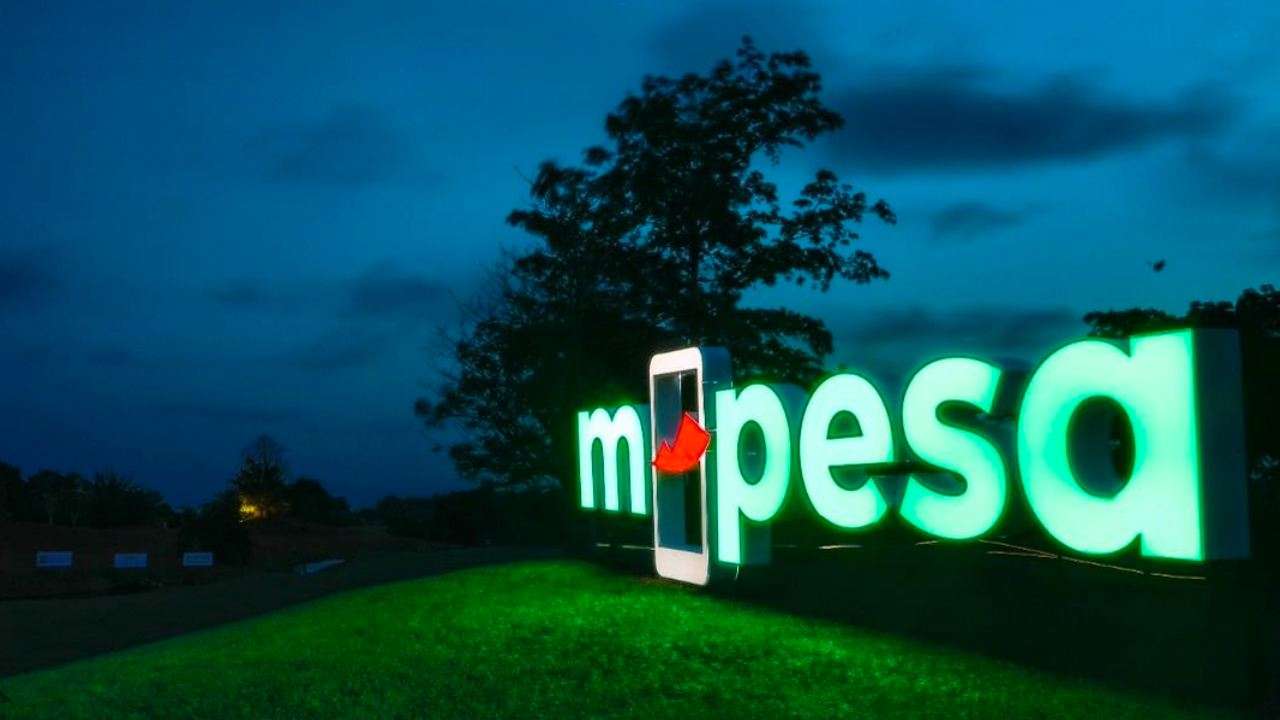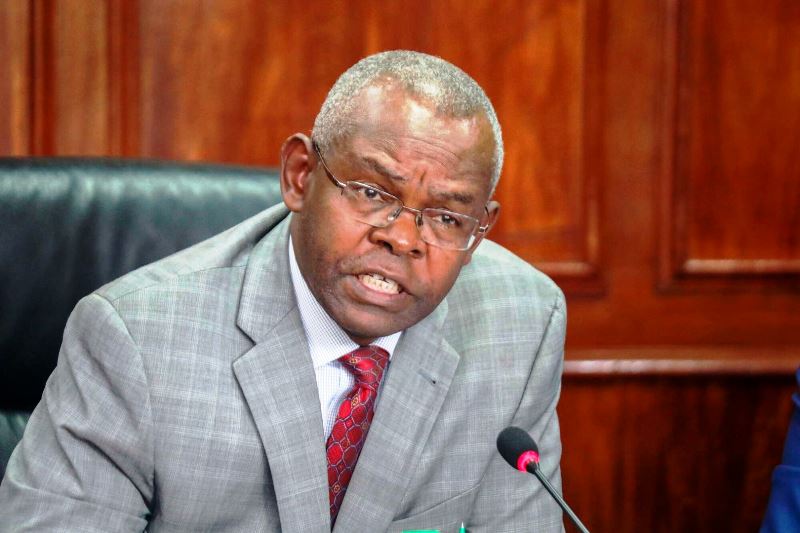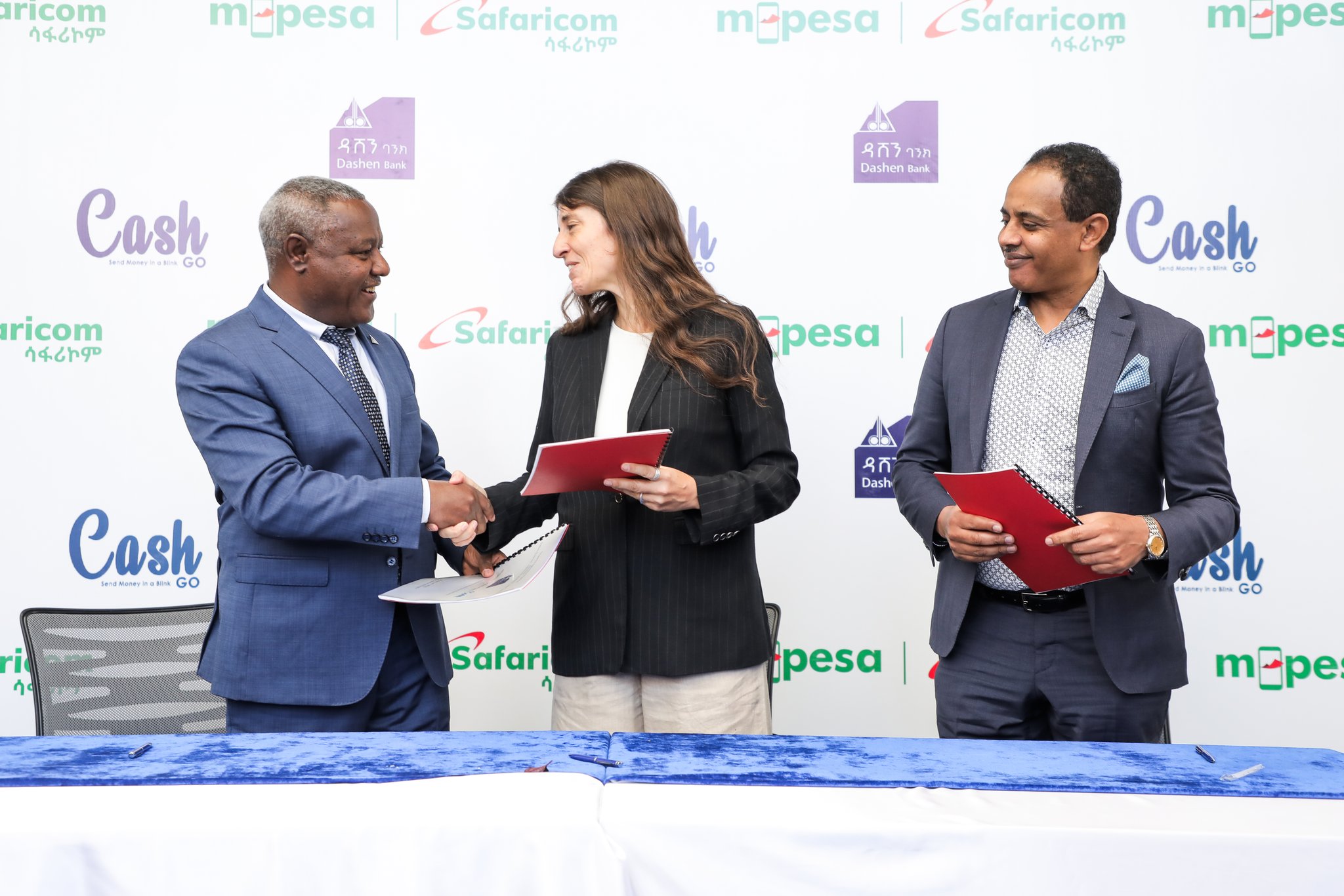The Central Bank of Kenya (CBK) has announced its commitment to separate M-Pesa from other Safaricom businesses. The CBK plans to hold a crucial meeting with the telecom giant’s board soon. Discussions regarding the separation of mobile money activities from Safaricom’s other operations began in 2022, aimed at bolstering governance and minimising potential shocks to bank-related transactions.
The proposed Kenya Information and Communications (Amendment) Bill 2022, currently before Parliament, seeks to mandate telcos to maintain separate accounts and produce distinct reports for each of their businesses. Despite delays attributed to significant tax liabilities, estimated at Ksh. 75 billion, CBK Governor Kamau Thugge emphasised the need for M-Pesa to go independent. Mr. Thugge underscored the importance of the separation despite existing challenges.
M-Pesa remains a cornerstone of Safaricom’s revenue stream, contributing 42.1% to the telco’s earnings in the six months leading to September 30, 2023, marking an increase from 39.3% during the same period in 2022. Despite this, Safaricom recorded a 10.9% growth in profitability for its Kenyan business during the same timeframe.
The popularity of M-Pesa continues to soar, with one-month active customers reaching 32.13 million, representing 3.1% year-on-year growth. Additionally, active Lipa Na M-PESA merchants saw a robust 22.3% year-on-year growth to 658,350, with Pochi tills numbering 405,210.
M-Pesa’s transformative impact on financial inclusion in Kenya has been profound, increasing from 26.7% in 2006 to 84% in 2021. Moreover, Safaricom Telecommunications Ethiopia, a subsidiary of Kenya’s Safaricom Plc, recently secured a mobile money licence in Ethiopia, marking a significant milestone as the first foreign investor to receive such authorization in the country.





